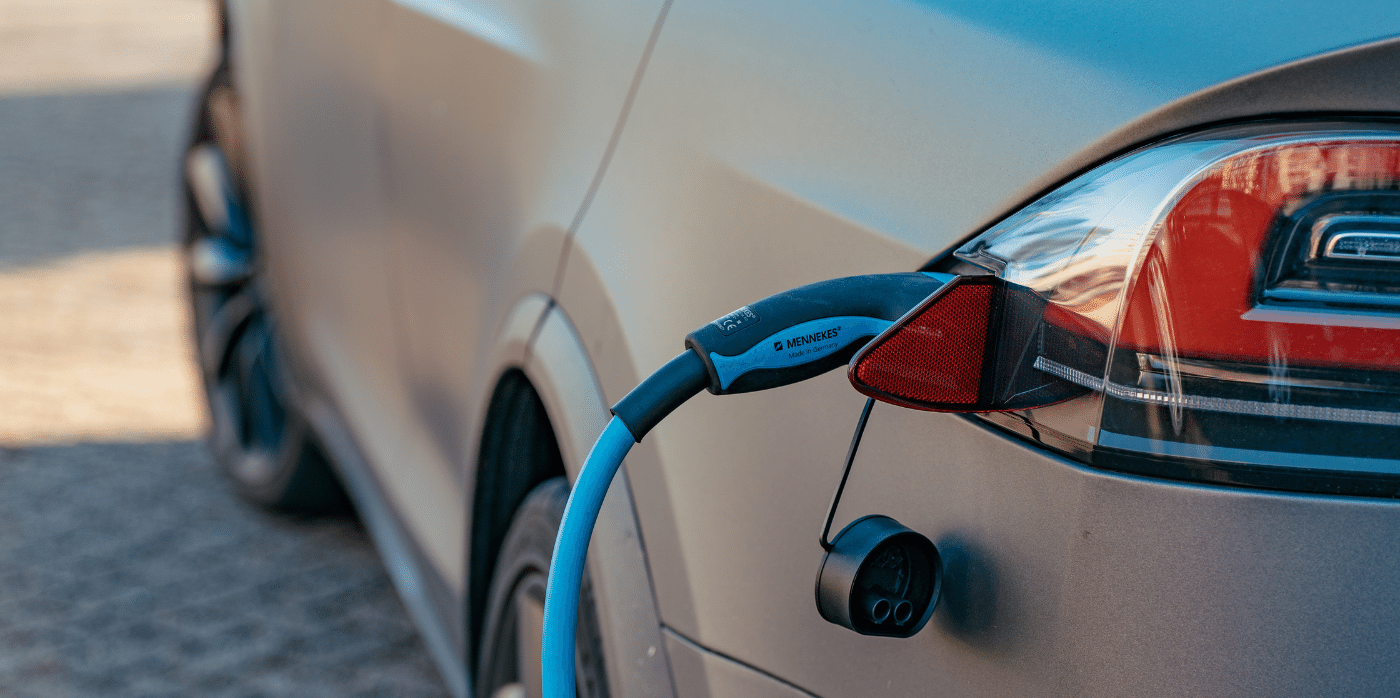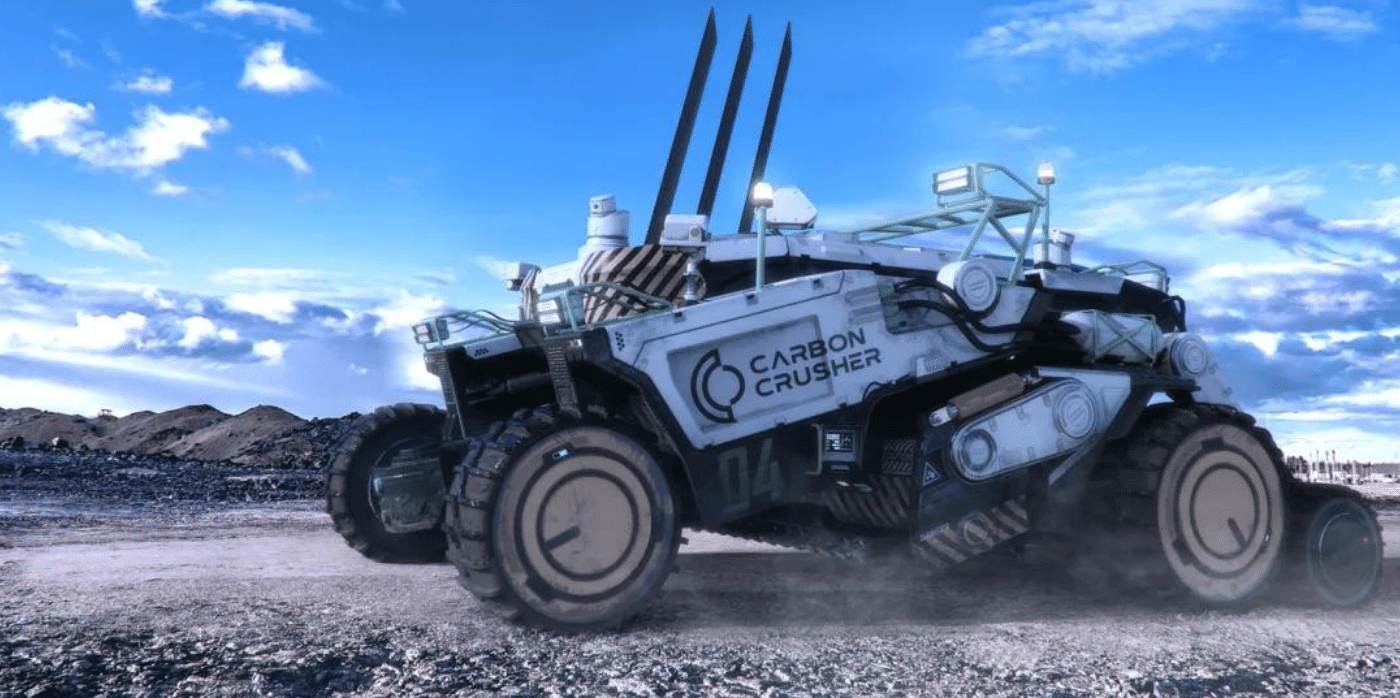A telecom recycles smartphones to improve accessibility and reduce e-waste
Spotted: As just about everyone is aware, owning a smartphone is now a necessity. Smartphones are vital not only for communication, but for conducting business, farming, shopping, and banking. Yet new smartphones can be expensive, pushing them out of reach for many. According to some reports, the global average cost of a smartphone is around 26 per cent of the average monthly income, and in some regions, the average person would have to spend over half of their monthly income to buy a smartphone.
South African telecomms company Vodacom is hoping to make smartphones accessible to everyone with their ‘Good as New’ programme. Good as New offers used Apple iphones for sale at a fraction of the cost of a new model. The phones come complete with a standard 12-month warranty, and the devices are approved for resale. The programme involves the refurbishment and recycling of 200,000 phones by 2025, reducing e-waste as well as cost.
Vodacom also plans to expand the number and type of phones it revamps and resells, bringing in additional pre-owned products at lower price points. The company points out that the COVID-19 pandemic forced individuals to find creative ways to continue working and learning, making affordable access to smartphones even more vital. Digital access is also a particularly important issue in South Africa, which has some of the least affordable mobile phone prices in the world.
Smartphones are a lifeline for many – especially those in regions that are poorly served by land-based communications. Springwise has seen some exciting innovations in the use of mobile technology, including an app that lets micro-merchants turn their phone into a point-of-sale system, and a platform that connects smallholder farmers with the marketplace, helping them earn more.
Written By: Lisa Magloff
10th August 2022
Website: vodacom.co.za
Contact: vodacom.co.za/ContactUs



